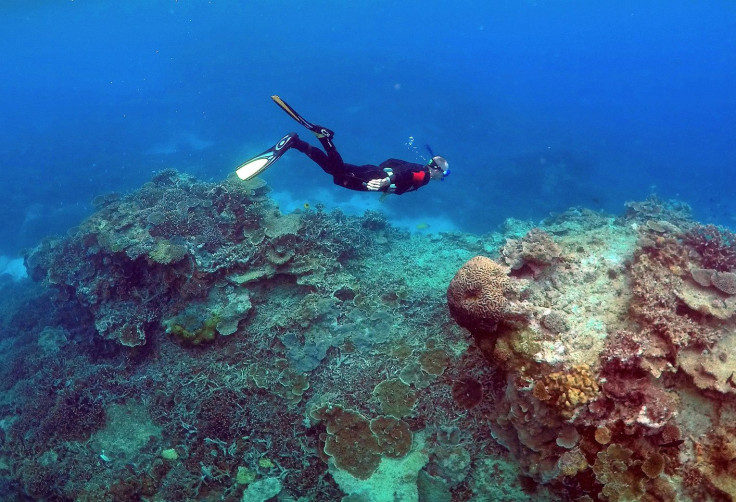Coral-eating crown of thorns starfish munching Australia’s Great Barrier Reef, alarm scientists

The southern end of Australia’s Great Barrier Reef is at risk with crown-of-thorns starfish understood to be eating their way through coral. The outbreak has alarmed authorities, who have been working on how to deal with the issue since last year.
The outbreak on the Swain Reefs has been confirmed by Great Barrier Reef Marine Park Authority (GBRMPA). Fred Nucifora, the Authority's director of education, stewardship and partnerships, said that crews have gone to the area to assess the issue.
Nucifora said that monitoring crew members performed pre-emptive culling. GBRMPA provided images and footage that show dozens of starfish covering the reef.
Australian Institute of Marine Sciences’ Hugh Sweatman did not provide a specific figure but revealed that the number of starfish was high. "Very, very high densities [are] being seen, as high as we've seen in the past," he said, according to the ABC.
The starfish surround the corals to consume them. They carry poisonous barbs that are also harmful to people.
Although authorities have already learned about the outbreak last year and some efforts to control it have started, the area is hostile and remote. Hence, its location impedes efforts to stop the spread of starfish that kill the coral.
Nucifora said the challenging part of the Swain Reefs location is that they are 100 kilometres to 250 kilometres off the coast between Gladstone and Rockhampton. They are “logistically difficult to access.” Nucifora added it is quite a hostile environment to work in.
Aside from the fact that Swain Reefs are far offshore, they are said to be found in areas that are not identified as priorities for controlling crown-of-thorns outbreaks. It is therefore unclear how the culling program would be resourced and funded. As ways on how to further deal with the outbreak are being considered, there is a fresh warning that reefs worldwide are at risk.
The outbreak puts further strain on a Great Barrier Reef system, which had to endure two years of mass coral bleaching from ocean warming. The window time for saving the world's reefs from coral bleaching is coming to a close, an international study has warned. The study has been published in the Science journal.
Coral bleaching, Sweatman said, remains the biggest concern. He said that the bleaching impacts notably huge areas all at once, killing corals in the process.





















